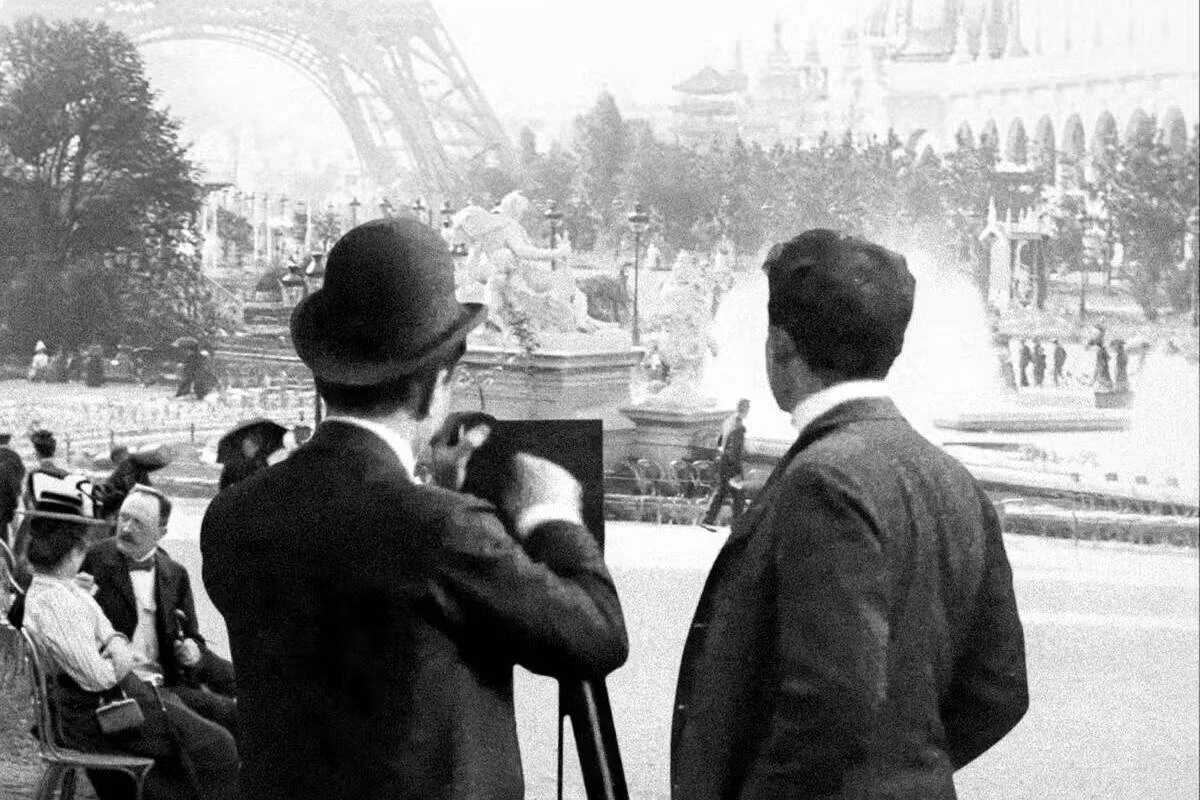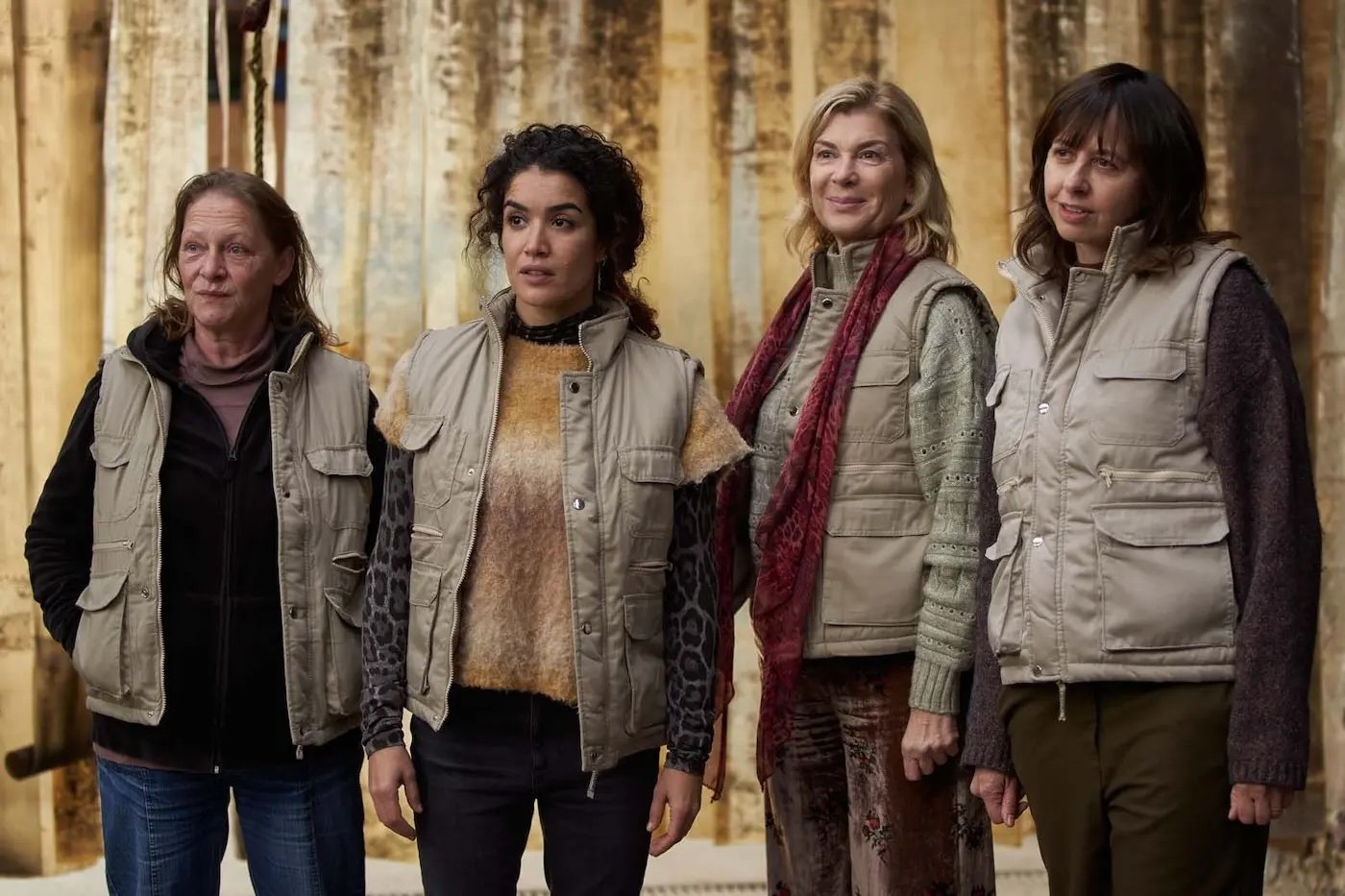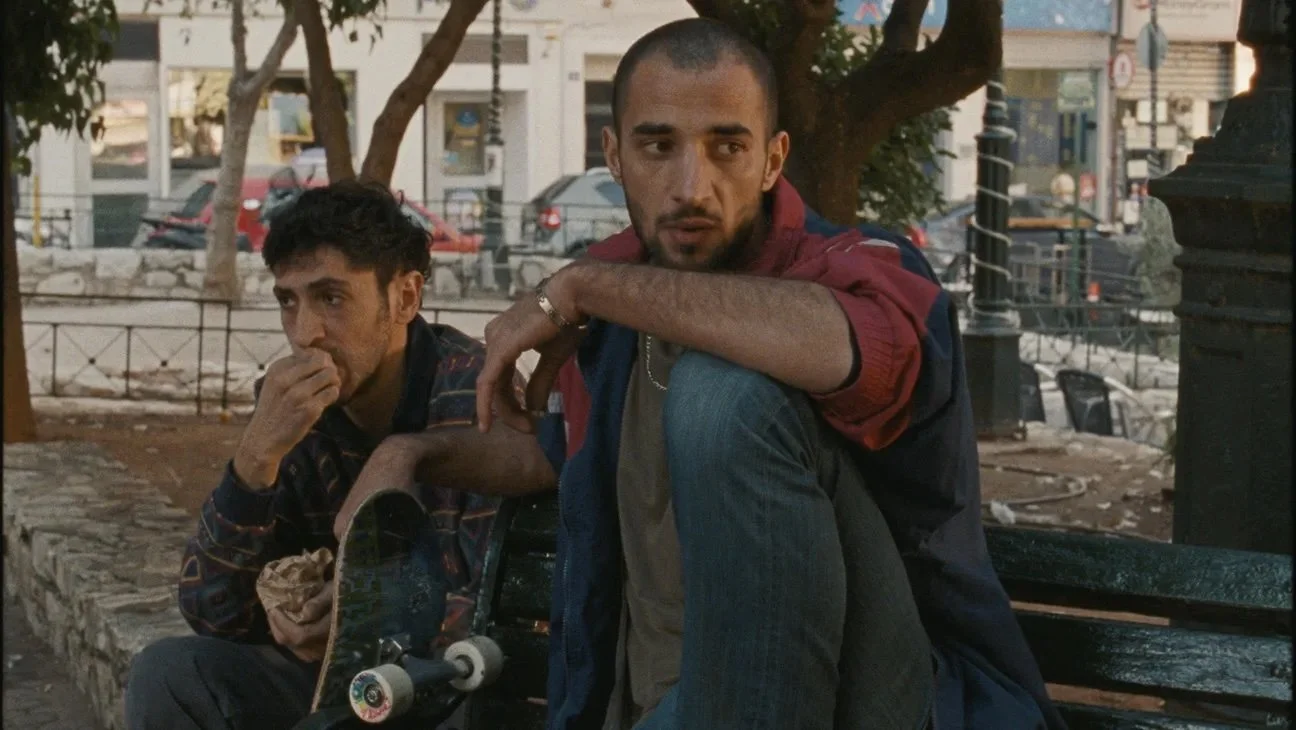Film review: Supernova takes a beautifully nuanced look at aging, loyalty, and love
Stanley Tucci and Colin Firth find quiet honesty around dementia
VIFF Connect streams Supernova starting February 19
IN AN EARLY SCENE in Supernova, it’s clear Stanley Tucci’s Tusker is uncomfortable with his gentle partner Sam (Colin Firth) at the wheel. As they putter through England’s Lake District in their Autotrail campervan, he prods him to “explore the outer regions of the fifth gear”. And don’t even get him started on the GPS voice that sounds like Maggie Thatcher.
It’s funny to watch Tusker’s tightly wound sarcasm and the good-natured bickering that’s come from two people growing old together. But the exchange will take on moving, momentous meaning later in the film. Tusker, faced with dementia, has never wanted to live as a passenger.
This quietly devastating film about aging, agency, and loyalty asks if any of us really ever want to give up life’s metaphorical steering wheel. And whether anyone, even the person we love the most, has the right to ask us to give it up.
Tucci and Firth are two straight men playing gay characters—an issue that’s not easily dismissed in a time of reckoning around representation. It’s important to acknowledge that fact as much as it is to recognize the depth and nuance they bring to this perfectly matched pair of artists—one a writer, the other a concert pianist.
The partners are retracing a trip they’ve taken many times, but it’s clear this may be their last journey on these winding roads: Tusker’s memory is rapidly declining, a fact he’s bitterly aware of. It’s showing up in small ways, for now: his ability to button his shirt, or to recall the word “triangle”.
The reality of dementia can be much messier—a fact more dramatically evoked in recent films from Relic to Falling (the latter also on VIFF Connect). But director Harry McQueen takes a spare approach to the subject—and the stillness it offers pays off in ways that allow deeper reflection.
Supernova’s biggest emotional impact comes, counterintuitively, from the men’s very stoicism around the subject. Sam is too kind to acknowledge Tusker’s subtle signs of dementia, for fear of hurting his partner’s feelings. And that denial feels like a real reaction. The loss here is in the small things: the cultured existence they’ve enjoyed—reading books, drinking wine, talking about Tusker’s beloved astronomy. The complexity of Tucci’s portrait—the quiet stubbornness, the dry, teasing wit—plays beautifully off Sam’s faithful devotion.
That makes the way Sam finds out about Tucci’s hopelessness around his decline a bit off-key here; it introduces an explosive secret and dramatic choices in a film of subtlety. Still, the conversations that discovery sparks between these two wise, grown men about the right to live, the right to die, and what it means to be a faithful partner are some of the deepest and honest discussions out there onscreen.
Supernova becomes not so much a movie about dementia, but about what it means to have open conversations with someone you love. For example, what’s the right answer when a partner asks you if it’s obvious their dementia is becoming worse?
Ideas like "You're not supposed to mourn someone when they're still here" and "I want to be remembered for who I am and not who I'm about to become" show the kind of restraint that makes Supernova so memorable. Think of it as the vast, cosmic tragedy of the title put in the nonflashy language of two mature partners in a campervan.













